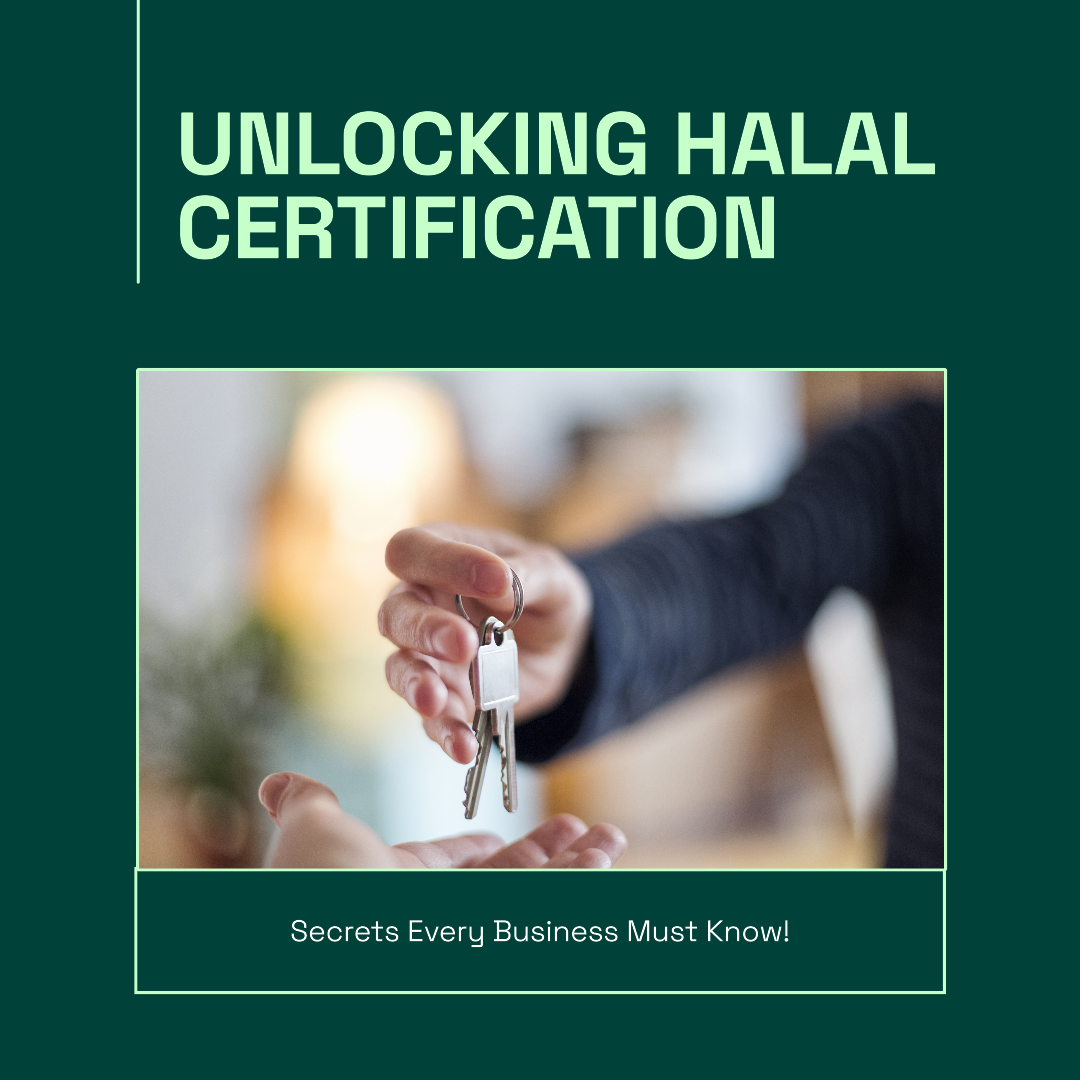In a world where consumers are increasingly conscious of the ethical and religious implications of their purchases, obtaining Halal certification has become essential for businesses looking to cater to the global Muslim market. This detailed guide provides a comprehensive overview of the Halal certification process, outlining the steps, requirements, and benefits for businesses.
Understanding Halal Certification
Halal certification is a process that ensures products and services comply with Islamic law (Sharia). This certification is crucial for businesses that want to market their products to Muslim consumers, ensuring that their offerings meet the dietary and ethical standards required by Islam.
Steps to Obtain Halal Certification
- Research and Preparation
- Understanding Requirements: Before applying for Halal certification, businesses must familiarize themselves with the specific requirements of Halal standards. These requirements can vary depending on the country and the certifying body.
- Selecting a Certifying Body: Choose a reputable Halal certification body. Organizations such as the Halal Certification Authority (HCA), Islamic Food and Nutrition Council of America (IFANCA), and JAKIM (Malaysia) are widely recognized.
- Application Process
- Submitting an Application: Fill out the application form provided by the chosen Halal certification body. The application typically includes information about the company, its products, and its production processes.
- Documentation: Provide detailed documentation about the ingredients, sourcing, and manufacturing processes. This includes ingredient lists, supplier certificates, and production flowcharts.
- Inspection and Audit
- On-Site Inspection: The certifying body will conduct an on-site inspection of the production facilities. This inspection ensures that the manufacturing processes comply with Halal standards.
- Compliance Audit: An auditor will review the documentation and processes to ensure compliance. Any non-compliance issues will need to be addressed before certification can be granted.
- Certification Decision
- Review by Certification Committee: The certification body’s committee will review the inspection and audit reports. If the business meets all Halal requirements, the certification will be granted.
- Issuance of Halal Certificate: Upon approval, the business will receive a Halal certificate, allowing them to market their products as Halal-certified.
- Post-Certification Requirements
- Continuous Compliance: Businesses must maintain Halal compliance at all times. Regular audits and inspections may be conducted to ensure ongoing adherence to Halal standards.
- Renewal of Certification: Halal certification is typically valid for one to three years, after which it must be renewed. The renewal process involves a similar review and audit as the initial certification.
Benefits of Halal Certification

- Market Access
Halal certification opens doors to the global Muslim market, which is estimated to be worth over $2 trillion. This certification is essential for businesses looking to expand their reach and cater to Muslim consumers. - Consumer Trust
Halal certification builds trust with Muslim consumers, who rely on the certification to ensure that products meet their dietary and ethical standards. This trust can lead to increased customer loyalty and brand recognition. - Competitive Advantage
In an increasingly competitive market, Halal certification provides a unique selling proposition. Businesses that offer Halal-certified products can differentiate themselves from competitors and attract a broader customer base. - Ethical and Quality Assurance
Halal certification not only ensures compliance with Islamic law but also promotes high standards of hygiene, safety, and quality in production processes. This can enhance the overall reputation of the business.
Common Challenges in Obtaining Halal Certification
- Complex Documentation
The documentation required for Halal certification can be extensive and complex. Businesses must ensure that all ingredients, suppliers, and processes are thoroughly documented and compliant with Halal standards. - Cost of Certification
The cost of obtaining Halal certification can be significant, especially for small businesses. Fees for application, inspection, and certification, as well as potential costs for facility modifications, must be considered. - Maintaining Continuous Compliance
Ensuring continuous compliance with Halal standards requires ongoing effort and vigilance. Regular audits, staff training, and process monitoring are essential to maintain certification.
Case Study: Successful Halal Certification

ABC Foods
ABC Foods, a mid-sized food manufacturing company, sought Halal certification to expand its market reach. By partnering with a reputable Halal certification body, the company successfully navigated the certification process. Key steps included:
- Thorough Preparation: ABC Foods conducted extensive research and prepared detailed documentation on their ingredients and processes.
- Effective Communication: The company maintained open communication with the certifying body, addressing any concerns and ensuring transparency.
- Continuous Improvement: Post-certification, ABC Foods implemented regular training programs and audits to maintain compliance and improve their processes.
As a result, ABC Foods gained access to new markets, increased consumer trust, and saw a significant boost in sales.
Conclusion
Navigating the Halal certification process can be complex, but the benefits for businesses are substantial. By understanding the steps and requirements, businesses can effectively achieve Halal certification, opening doors to the lucrative global Muslim market and building consumer trust. With proper preparation and continuous compliance, Halal certification can serve as a powerful tool for business growth and ethical assurance.
FAQs
Q1: What is Halal certification?A: Halal certification is a process that ensures products and services comply with Islamic law, allowing them to be marketed to Muslim consumers.
Q2: Why is Halal certification important for businesses?A: Halal certification provides access to the global Muslim market, builds consumer trust, and offers a competitive advantage.
Q3: What are the main steps in obtaining Halal certification?A: The main steps include research and preparation, application submission, inspection and audit, certification decision, and maintaining continuous compliance.
Q4: How often must Halal certification be renewed?A: Halal certification typically needs to be renewed every one to three years, depending on the certifying body.
Further Reading
- Halal and Vegan Lifestyles: Finding Common Ground
- Integrating Halal Principles into Daily Wellness Routines
- Halal Certification Authority
- Islamic Food and Nutrition Council of America
- Jabatan Kemajuan Islam Malaysia
- Halal Training Academy
- ABC Foods Case Study

